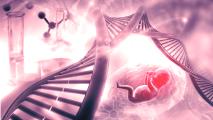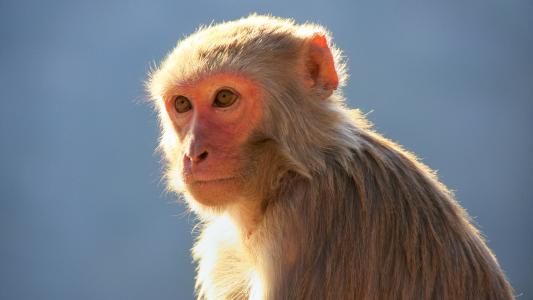Some people who catch the novel coronavirus experience symptoms that are so severe, they require hospitalization. Others, however, experience no COVID-19 symptoms at all.
Now, a new twin study out of King’s College London has found that about 50% of the differences in people’s COVID-19 symptoms appear to be due to genetic factors.
Not only could this information help us identify the people most vulnerable to the disease, but it might even guide the development of coronavirus treatments and vaccines.
Explaining the Range of COVID-19 Symptoms
For the study, which was published on the preprint server medRxiv, the researchers used data collected by the COVID Symptom Tracker, an app that asks users to provide a daily report on their health, noting any new COVID-19 symptoms they might be experiencing.
The U.K. and U.S. researchers behind the app made it available to the general public in March, but the King’s team specifically asked thousands of twins who were already involved in another research project to use the app as well.
Insights from genetics-focused COVID-19 studies could help us combat the disease.
“The idea was to basically look at the similarities in symptoms or non-symptoms between the identical twins, who share 100% of their genes, and the non-identical twins, who only share half of their genes,” researcher Tim Spector told the Guardian.
Based on their analysis of the twin data, the King’s researchers determined that about 50% of COVID-19 symptoms appear to be linked to genetics in some way.
They were even able to home in on the specific symptoms that appear to have this genetic connection (fever, diarrhea, delirium, and losses of taste and smell) and those that do not (hoarse voice, cough, skipped meals, chest pain, and abdominal pain).
“This disease is very weird, the way it has a very different presentation in the population in different people — what we are showing is that (that) isn’t random,” Spector said. “It is not mainly due to where you live or who you have seen; a lot of it is something innate about you.”
Applying What We’ve Learned
This isn’t the first study to explore the potential link between COVID-19 symptoms and genetics.
One group of scientists out of Oregon recently identified specific immune system genes that might be responsible for the varying coronavirus symptoms.
At least 150 other research groups are currently conducting studies focused on the role genetics might play in COVID-19 symptoms, sharing data and resources with one another through the COVID-19 Host Genetics Initiative.
According to three of the scientists behind the initiative, the insights from genetics-focused COVID-19 studies could go a long way toward helping us combat the novel coronavirus.
“Figuring out how genes influence responses to the virus could help the development of effective treatments or vaccines, or even point to an existing drug that could be repurposed as a covid-19 drug,” they wrote in the Washington Post.
The information could also help us prioritize who should get a COVID-19 vaccine if one emerges — those whose genes make them more likely to experience severe COVID-19 symptoms can be the first inoculated, while others wait for more doses to be manufactured.
We’d love to hear from you! If you have a comment about this article or if you have a tip for a future Freethink story, please email us at tips@freethink.com.






